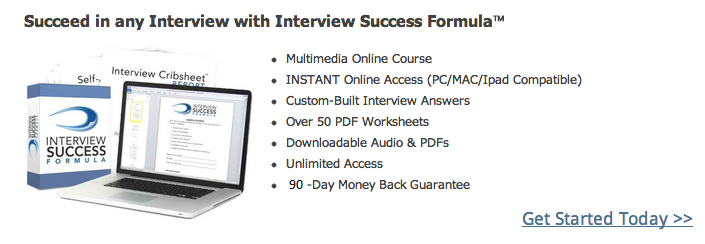 After losing a job, you are focused on finding new openings and sending applications. While you busily hunt for employers, your focus is on simply getting invited to interview. However, once you do get that interview an employer will ask for job references.
After losing a job, you are focused on finding new openings and sending applications. While you busily hunt for employers, your focus is on simply getting invited to interview. However, once you do get that interview an employer will ask for job references.
What do you do when you spent all of your time finding job openings? It may be too late by then to get the quality recommendations you want. Here's what you can do now to be ready.
As a job seeker, you need to give every part of the job search process enough time and attention. This includes having a list references ready to give to an employer, even when you have less than 24 hours to prepare for an interview. Solid recommendations verify your competence and credibility.
To get these prepared on time for your next interview, here are some things you can do:
Be on the lookout – Even while not on a job hunt, it would be a good idea to maintain a list of individuals who can speak to your qualities as a professional. Update your list as you gain and form new relationships with clients or co-workers.
Also, be sure to keep in touch with these valuable people on a regular basis. If you haven't connected in more than six months, I recommend dropping a quick note to say hello.
LinkedIn Recommendations – Recruiters today seek out people who keep up with the latest in technology. Take advantage of LinkedIn’s recommendation feature by asking people whom you recently worked with to leave you a recommendation.
Ask for these recommendations while their memory of you is still fresh so that they can give a detailed review of your skills and qualities—not something along the lines of “He was a great guy to work with.” These comments can be valuable to you across the job search. Some employers will actually check out these references before they even offer an inteview.
Avoid reciprocating your recommendations. As good it might sound to get a lot of raving reviews of your skills from different people, with a little digging the recruiter may discover that you have just been exchanging favors with other people. Think about the image you want the recruiter to see.
Broaden Your Search – In locating references to give to an employer, don’t limit yourself. Think about your hobbies or involvement in the community; consider people around you that can speak volumes of your strengths.
No Mass E-mailing – If you feel that you don’t have much time on your hands and think it would be easier and faster just to mass e-mail your prospects for recommendations, prepare yourself for trouble. You are putting yourself in danger of not having any recommendation at all. Everyone wants to feel special, and sending an impersonal mass e-mail is not an effective way to build connections with potential references.
If you are getting in touch with a person that hasn’t worked with you in a long time, help prepare that person. Refresh his memory by reminding him about the work you did together. Remember to connect with these individuals well before a job interview, not as part of a last minute, final review. A prospective employer may call your references within minutes of your exit, and too narrow a time window will make them feel undervalued.
Request Permission – This is undoubtedly the most important part of providing job references. Get in touch with the people you are listing; ask for their permission to list them as a reference so that they will not be surprised when they receive calls from prospective employers.
Most importantly, remember that an employer may call some people who are not on your list; that is why it is important not to burn bridges, even in the worst situations. You don’t want to leave a bad impression with any previous employer, because even after a successful interview that person might be the key to landing your next job.


